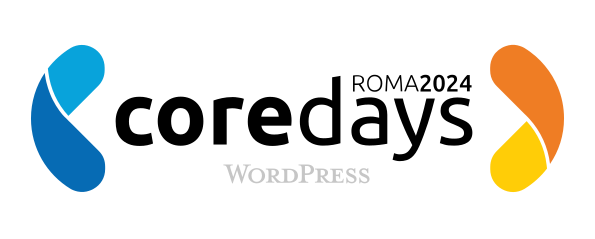In this interview, Miriam Schwab, Head of WordPress Relations at Elementor, shares her journey into the WordPress community and how she turned a passion for building websites into a career of impactful contributions. Miriam highlights her experience as a WordCamp organizer and Core contributor, and reflects on her startup, Strattic, as well as her role in advocating for WordPress innovation and resilience. She discusses her views on the future of WordPress, the importance of the theme ecosystem, and offers valuable advice for new developers looking to get involved.
Can you share your first experience with WordPress, and what made you choose it?
I first encountered WordPress when I had started building websites with pure HTML and CSS, and was looking for a CMS so that my clients could update their sites themselves. I came across the three big Open Source CMSes in my research – WordPress, Joomla, Drupal – and started testing them. I immediately fell in love with WordPress. Everything about it was intuitive, and as I learned more I discovered the amazing community that had already formed around it, creating new and innovative tools for the entire ecosystem to enjoy. I found myself loving building websites with WordPress, and the rest is history.
How did you start contributing to open-source projects, and what was your first contribution to the WordPress community?
I wasn’t sure how to contribute, so I started by sharing everything I learned in a blog so that others in the community could be helped in the same way I was helped when I started building WordPress sites. I also started speaking at WordCamps to share my knowledge, and went on to organize five WordCamps in Israel, as well as organize our local WordPress meetups. I recently was part of a core release and was thrilled to gain the Core contributor badge on my WordPress profile for the first time!
What are some important projects or contributions you have made within the WordPress ecosystem?
I co-founded a start up in the space that brought innovation to many users (Strattic), so maybe that counts as something. Now as Head of WordPress Relations at Elementor, I manage our contributions to WordPress and Open Source, and our WordCamp sponsorships, ensuring that we are working towards fulfilling our responsibility within the ecosystem.
What are your thoughts on the current state of WordPress development, and how do you see its future?
WordPress continues to innovate, which is amazing after over twenty years of activity, combined with the challenging need for backwards compatibility. I think we need to come to terms with the scale of our ecosystem, and give more attention to the resilience and redundancy of the systems powering these tens of millions of sites. This is why I submitted the talk topic that I did which addresses just one small part of this: “Scaling the WordPress release process.”
What advice would you give to developers who are new to WordPress or open source?
Go through the Learn WordPress site and take advantage of the resources there. Join your local community and consider attending WordCamps in your area. Nothing beats meeting people face-to-face and you’ll create meaningful connections, and learn a ton.
Which areas do you think need new energy and focus right now, and why? (Accessibility, plugins, themes, performance, etc.)
I think themes are an underrated and underserved segment of WordPress. Themes used to play such an important role in getting started with WordPress, and even learning how WordPress works. For some reason, they have been relegated to a minor role both in terms of the quality of the theme repo, the small team and the general attention they get. It was great seeing that there are now 1000 block themes in the repo, and I hope that type of activity continues its momentum.
What can we do to ensure that WordPress continues to work well with new technologies and stays ahead of trends? (Programming methods, new tech areas, headless, etc.)
I mean, maybe move everything to Github and away from SVN? Maybe also get some PHP enthusiasts on board who can talk about the benefits of working with PHP in general. Not everything has to be developed in node.js, and PHP is a strong language that deserves recognition.
